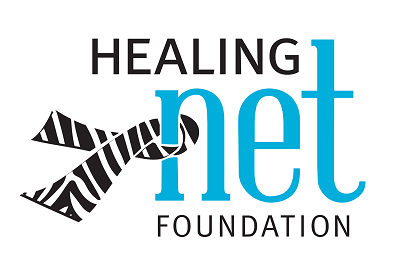Choosing a Provider: The Case for the Specialist
/“We cannot direct the wind, but we can always adjust the sails.”
It’s important to recognize that not all doctors have the latest knowledge or sufficient experience in treating neuroendocrine cancer patients. In neuroendocrine cancer care, it is essential that you find the right specialist to “captain your ship” and direct the course of your care from the very beginning. It cannot be overstated—you deserve the right treatment by the right team at the right time. Therefore, it’s important to have someone at the helm who knows the boat, knows the waters, and can adjust the sails for an optimal journey.
Specialists in NET have the experience and expertise to apply the appropriate treatment option at the right time for the optimum outcome. The more NET patients they’ve treated, the more likely it is that they have seen conditions similar to yours. Early consultation with an expert can lead to properly sequenced treatment plans that consider both the present as well as the future. Careful disease management over years is often needed.
How do I find a NET expert? Here are some suggestions:
- Ask your diagnosing physician to help you find a specialist.
- You may want to engage your primary care physician or a trusted medical professional in the search for a specialist.
- NET patient organizations can provide information regarding NET centers and NET specialists, and many have links to talks given by various NET experts by specialty or disease type.
- Contact NET patient support and advocacy groups to learn names of providers in your area and beyond.
- There are online patient groups organized by disease type that may help you find other patients on a similar path who have received great care in a particular region.



